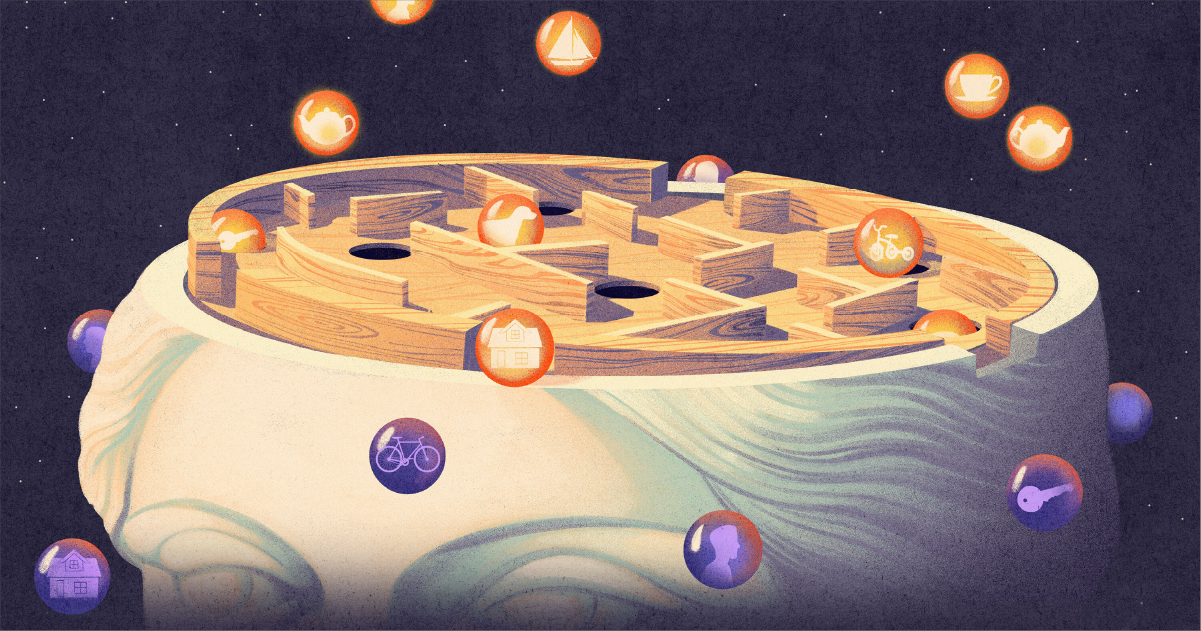Electric ‘Ripples’ in the Brain: The Key to Memory Storage
The latest research in neuroscience has uncovered a fascinating phenomenon in the brain involving electrical activity known as «ripples.» These ripples, first described by Nobel Prize-winning neuroscientist John O’Keefe in the 1970s, have been found to play a crucial role in the formation and consolidation of memories. Researchers have discovered that these electrical bursts, known as sharp wave ripples, can induce neurons to make stronger connections, ultimately linked to learning and memory.
Studies have shown that sharp wave ripples replay brain activity from an animal’s experiences, such as navigating a maze, but at a much faster pace than the original signals. This replay of neuronal activity during sleep is believed to be a crucial mechanism for cementing memories over the long term. When researchers disrupted these ripples in rats, their memory performance significantly declined, highlighting the importance of these electrical bursts in memory consolidation.
The brain appears to rehearse and replay past experiences during moments of wakeful rest, with the hippocampus playing a critical role in propagating these sharp wave ripples towards the cortex for long-term memory storage. Researchers are still exploring the exact purpose of these ripples while an animal is awake and resting, with various theories suggesting they may be involved in planning, decision-making, or memory modification.
The intricate relationship between sharp wave ripples during wakefulness and sleep replay has sparked new interest in understanding how the brain selects which experiences to remember. Ongoing research using animal models, such as mice navigating mazes and recording hippocampal neuron activity, is shedding light on the complex mechanisms underlying memory formation and storage in the brain.
Neuroscience Breakthrough: Unraveling the Mystery of Memory Consolidation
Recent advancements in neuroscience have led to a groundbreaking discovery regarding the role of electrical activity in the brain in memory consolidation. Sharp wave ripples, a unique pattern of neuronal firing observed during rest and sleep, have been identified as a key mechanism for encoding and storing memories in the brain.
Studies using animal models, such as mice navigating mazes and recording hippocampal neuron activity, have provided valuable insights into the process of memory formation. Researchers have found that sharp wave ripples replay brain activity from past experiences, facilitating the consolidation of memories over the long term. Disrupting these ripples in animal studies has resulted in impaired memory performance, underscoring their importance in memory retention.
The brain’s ability to rehearse and replay past experiences during periods of wakeful rest highlights the dynamic nature of memory storage. The propagation of sharp wave ripples from the hippocampus to the cortex suggests a coordinated mechanism for transferring episodic memories to long-term storage. Ongoing research aims to unravel the intricate interplay between wakeful and sleep-related neuronal activity in memory processing.
The Science of Memory: Decoding the Role of Sharp Wave Ripples
The field of neuroscience is abuzz with new findings on the role of sharp wave ripples in memory consolidation. These unique patterns of electrical activity in the brain have been shown to play a crucial role in encoding and storing memories over time. Researchers have uncovered a link between sharp wave ripples and the replay of neuronal activity from past experiences, shedding light on the mechanisms underlying memory formation.
Animal studies involving mice navigating mazes and recording hippocampal neuron activity have provided valuable data on the dynamics of memory consolidation. The disruption of sharp wave ripples has been found to impair memory performance, emphasizing their significance in memory retention. The brain’s ability to rehearse and replay past experiences during periods of wakeful rest suggests a continuous process of memory encoding and storage.
The intricate interplay between sharp wave ripples during wakefulness and sleep replay offers new insights into the mechanisms of memory processing. Ongoing research aims to elucidate the exact role of these electrical bursts in memory consolidation and how they contribute to the selection of experiences for long-term storage in the brain.
